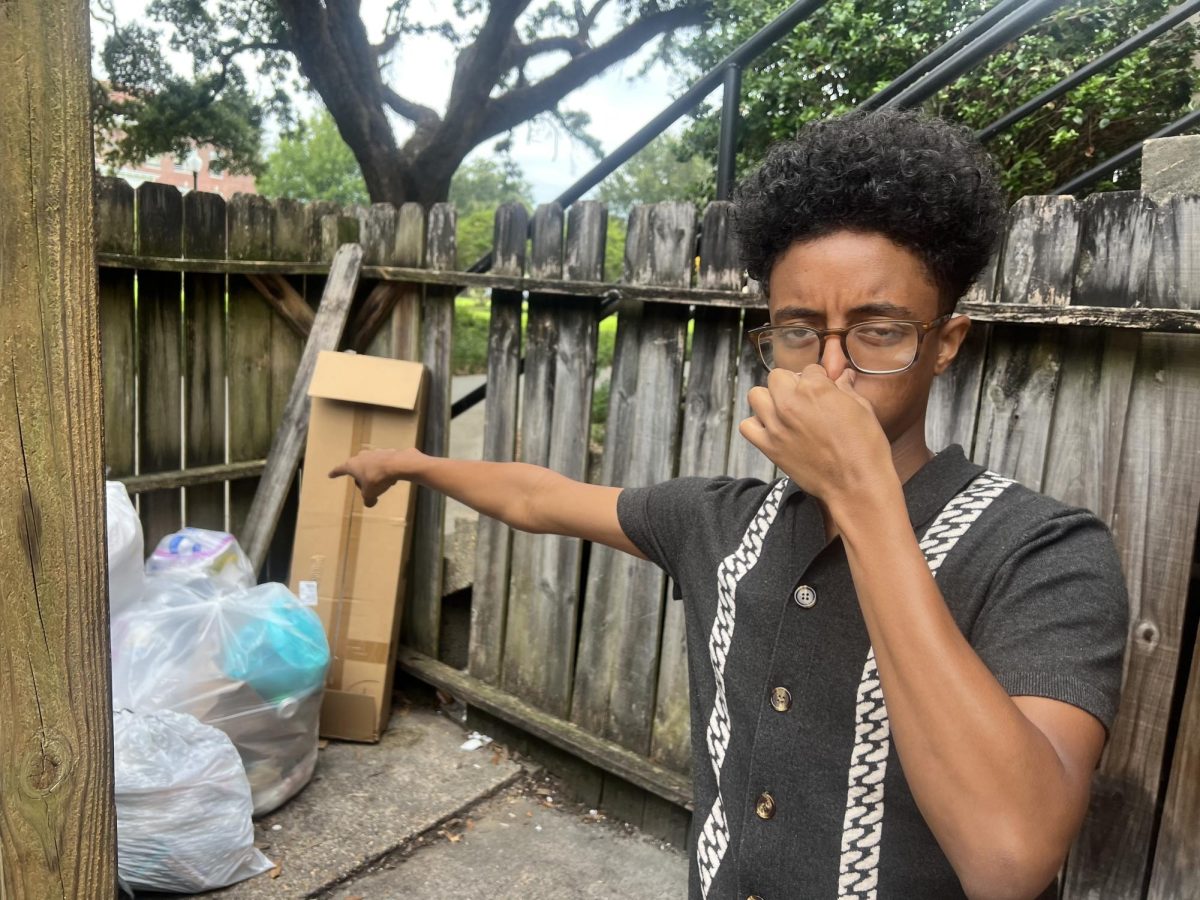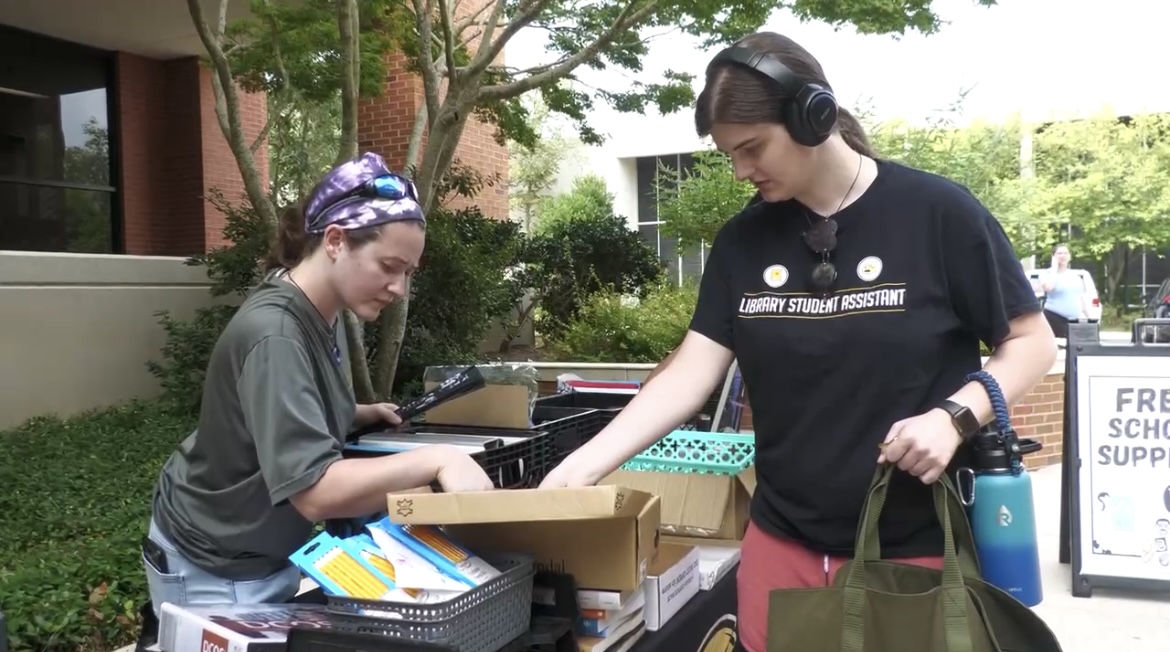On Aug. 17, the State Institutions of Higher Learning (IHL) Board of Trustees approved the University of Southern Mississippi’s Plan for Academic Reorganization: Vision 2020. The academic reorganization plan reduces the number of academic colleges on campus from six to four – the College of Arts and Sciences, the College of Business and Economic Development, the College of Education and Human Sciences and the College of Nursing and Health Professions.
“The most important fact for you to know is that no degree plans or majors are being changed as part of this reorganization,” Vice Provost for Academic Affairs Amy Miller said. “Your majors and paths to graduation will remain the same. What may be altered are the names and structures of the colleges and schools within which your degrees are found. So, although your degree will not change, your program may be housed in a different college or school than it was before the reorganization. The plan is designed to make it easier for students to find resources and obtain assistance from faculty and staff across all programs and colleges.”
The completed academic reorganization plan, Vision 2020, can be found on the Office of the Provost’s website.
“The goals of the reorganization are to highlight our strengths, to increase the efficiency of our processes, and to encourage more cross-disciplinary connections among students and faculty in larger, more diverse schools,” Miller said.
The University of Southern Mississippi is not the first college to implement a reorganization plan. Department Chair of Mathematics Bernd Schroeder shared a positive view of the academic reorganization plan, having previously worked at Louisiana Tech University where a similar structure to the one being implemented at USM is in place.
“[Reorganization] will certainly require a lot of trust between people,” Schroeder said. “We need to understand each other a whole lot better than we do right now. And that is something that again so far hasn’t happened or at least hasn’t happened enough, I think. And so more communication probably is needed as we are moving into this reorganization.”
Provost Steven Moser said that the academic reorganization will create more opportunities for departments to collaborate.
“I want to thank each of you who were involved in the process of developing this plan,” Moser said. “Your leadership and engagement enriched our final product, and I appreciate your contributions to this important work.”
Once the plan is implemented, reorganization is expected to be completed by fall 2020.





























